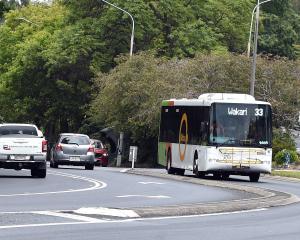A time perception study using honey bees has provided key insights into why humans suffer jet-lag symptoms after surgery.
Researchers from the University of Auckland conducted the study, which showed for the first time that general anaesthetic altered the activity of key genes which controlled the biological clock, shifting them to a different time zone.
The effects persisted for at least three days, even in the presence of strong light cues telling the brain the correct time of day.
In work funded by a Marsden grant, and published in the latest issue of Proceedings of the National Academy of Sciences, the group trained bees to travel to a specific food source, before being given a commonly-used anaesthetic.
By tracking the direction they flew after waking from anaesthesia, or how long their foraging behaviour was delayed, the researchers could work out what time of day the bees thought it was.
The results showed their sense of time was significantly slowed during anaesthesia.
Bees were used for their accurate sense of time and because their biological clocks were similar to mammals.
Lead researcher Dr Guy Warman, of the Department of Anaesthesiology and School of Biological Sciences, said the findings provided "a scientific explanation for why people wake up from surgery feeling as though very little time has passed".
"General anaesthesia effectively shifts you to a different time zone, producing chemically-induced jet-lag.
"It's been known for some time that after anaesthesia people's biological clocks are disrupted, and this can compromise their sleep pattern and mood, as well as healing and immune function. By understanding why this happens, we can work out how to treat it and potentially improve post-operative recovery."
These findings are already being put to use in clinical studies in New Zealand with the researchers examining the extent of post-operative jet-lag in patients and how it may be treated.












